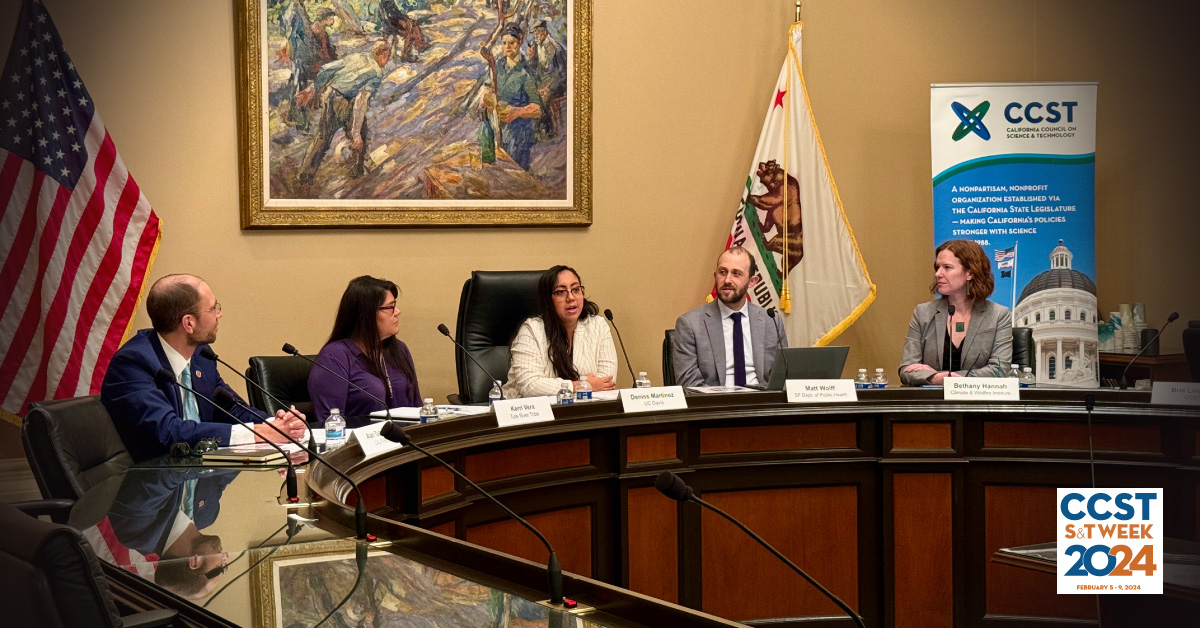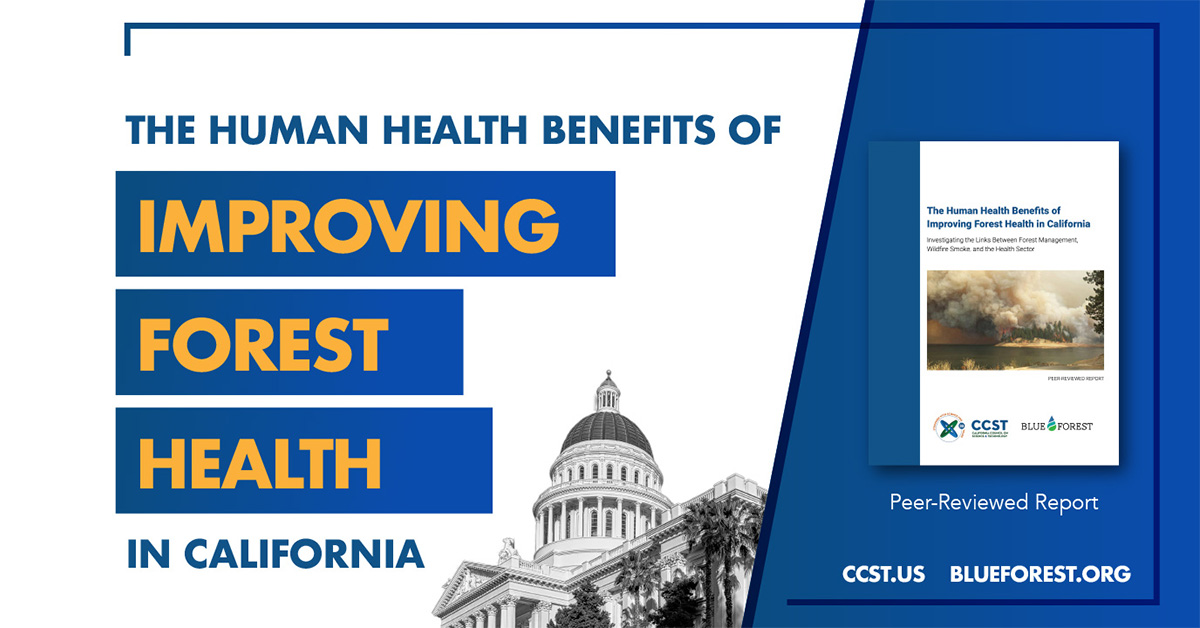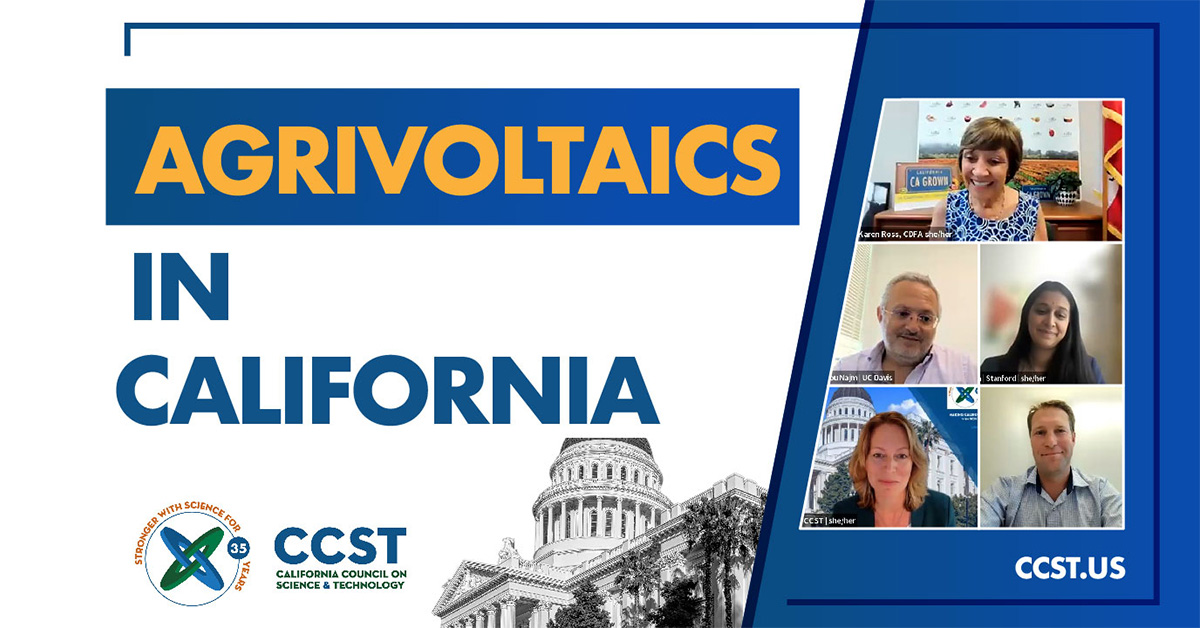CCST Project
Fumigant Use in California and an Assessment of Available Alternatives
Overview
Responding to a request from the California Department of Pesticide Regulation (DPR), CCST will conduct a review of current fumigant use in California and a comprehensive assessment of available alternatives to these fumigants. Broadly, a fumigant is a volatile or volatilizable chemical compound used as a pesticide. Fumigants can be used as an insecticide, fungicide, disinfectant, nematicide, herbicide, and even a rodenticide. They can be applied in a wide variety of settings such as in the home, in structures, healthcare and food facilities, for crop growth and management, and to control vector-borne or animal-borne diseases.
The study will assess: 1) the present state of fumigant use in California (including ways to mitigate emissions for post-harvest applications), 2) currently available alternatives for these fumigants and the extent of their use, 3) past and on-going research dedicated to fumigant alternatives, 4) viability of adopting these alternatives to effectively manage pests in California, 5) barriers to wide-scale adoption of alternatives, and 6) and areas where research may still be needed to answer some of these questions.
Although fumigants are used in a variety of settings, the study will focus on three uses of fumigants; preplant soil fumigation, post-harvest commodity fumigation, and structural fumigation.
Fumigants covered in the study will be limited to:
- Agricultural pre-plant soil fumigants
- 1,3-dichloropropene (1,3-D)
- Chloropicrin
- Dazomet
- Metam-Sodium
- Potassium N-Methyldithiocarbamate (Metam- potassium)
- Methyl bromide
- Post-harvest commodity fumigants
- Sulfuryl Fluoride
- Phosphine
- Propylene oxide
- Methyl bromide
- Structural fumigants
- Sulfuryl Fluoride
CCST is currently building the study team. The study is expected to be completed by Fall of 2025. A final report on the 1,3-D is expected to be completed by Fall of 2024 and a final report on the remaining fumigants is expected to be completed by Fall of 2025.
CCST is seeking nominations of individuals with relevant expertise to serve in various roles in support of this study, such as steering committee members, authors, report monitors, peer reviewers, and subject matter experts. Please submit names, affiliations, relevant areas of expertise and contact information for individuals who are qualified to serve in support of this study. Self-nominations are welcome.







